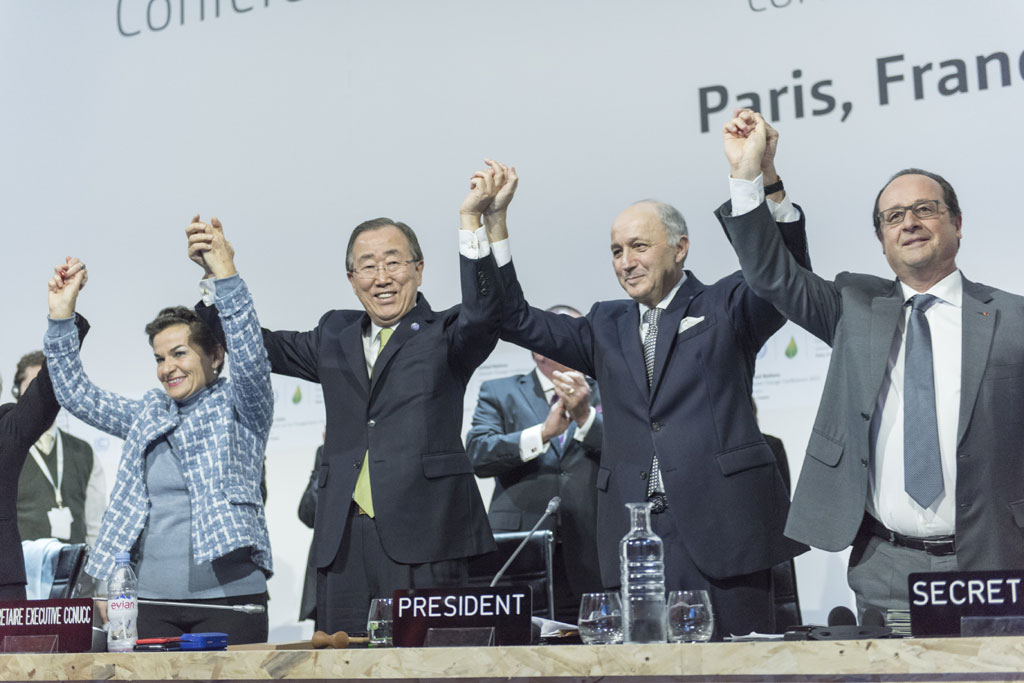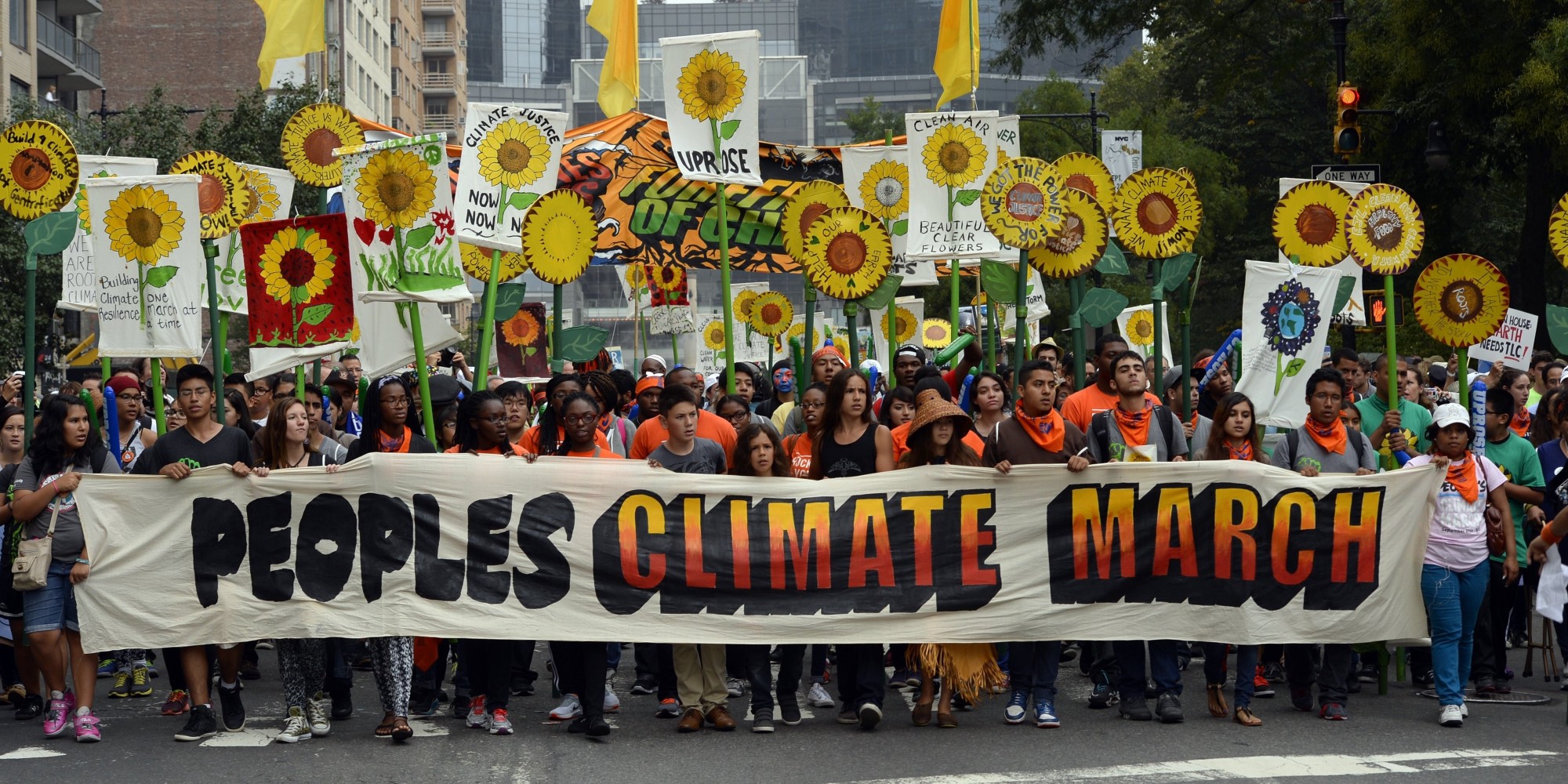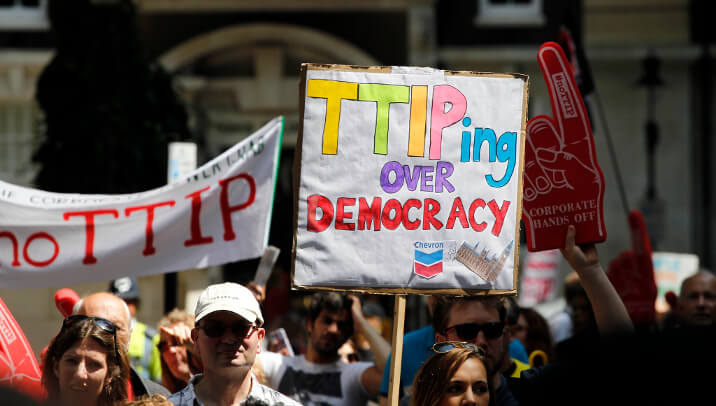How investors use trade agreements to undermine climate action
Countries around the world have reached a critical moment in the fight against climate change. Last year, hundreds of thousands of people marched in the streets demanding climate action, more than 190 countries reached a climate agreement in Paris, and renewable energy became more affordable and accessible to communities across the globe. Meanwhile, in sharp contradiction to that, countries negotiated new trade deals that would empower fossil fuel corporations to undermine the exact climate and conservation policies that are needed to tackle the climate crisis.
In January, the Canadian company TransCanada announced its plan to sue the U.S. government for more than US$15 billion under the North American Free Trade Agreement (NAFTA). The company claimed that it deserved this amount as compensation for the Obama Administration’s rejection of the Keystone XL pipeline: one of the world’s most notorious and reviled proposed fossil fuel projects, which the Obama Administration rejected amidst widespread concerns of its threat to communities, the environment, and a stable climate. If the environmental community needed a reminder of how trade policies threaten climate progress, it had arrived.
Rather than learning lessons from trade agreements like NAFTA, governments in the United States, the European Union, Canada, and many other countries are now pushing for even more trade and investment agreements that would expand the very tool that TransCanada is using to challenge the rejection of the Keystone KL pipeline: the investor-state dispute settlement (ISDS) system which empowers corporations to sue governments for up to billions of dollars in private trade tribunals.
Corporations have already brought nearly 700 ISDS cases against more than 100 governments. Yet governments are seeking to expand these corporate privileges to tens of thousands of additional corporations, including major polluters, in the 12-nation Trans-Pacific Partnership (TPP), the U.S-EU Transatlantic Trade and Investment Partnership (TTIP), and the EU-Canada Comprehensive Economic and Trade Agreement (CETA).
In order to tackle the climate crisis, the U.S., EU, Canada and other countries need to reject “VIP” treatment for corporations and say no to any trade agreement that includes special rights for foreign investors. Doing so is critical in the fight to protect our communities, our democracy, and our climate.
Download:
Oil Corporations vs Climate: The Keystone XL Case











